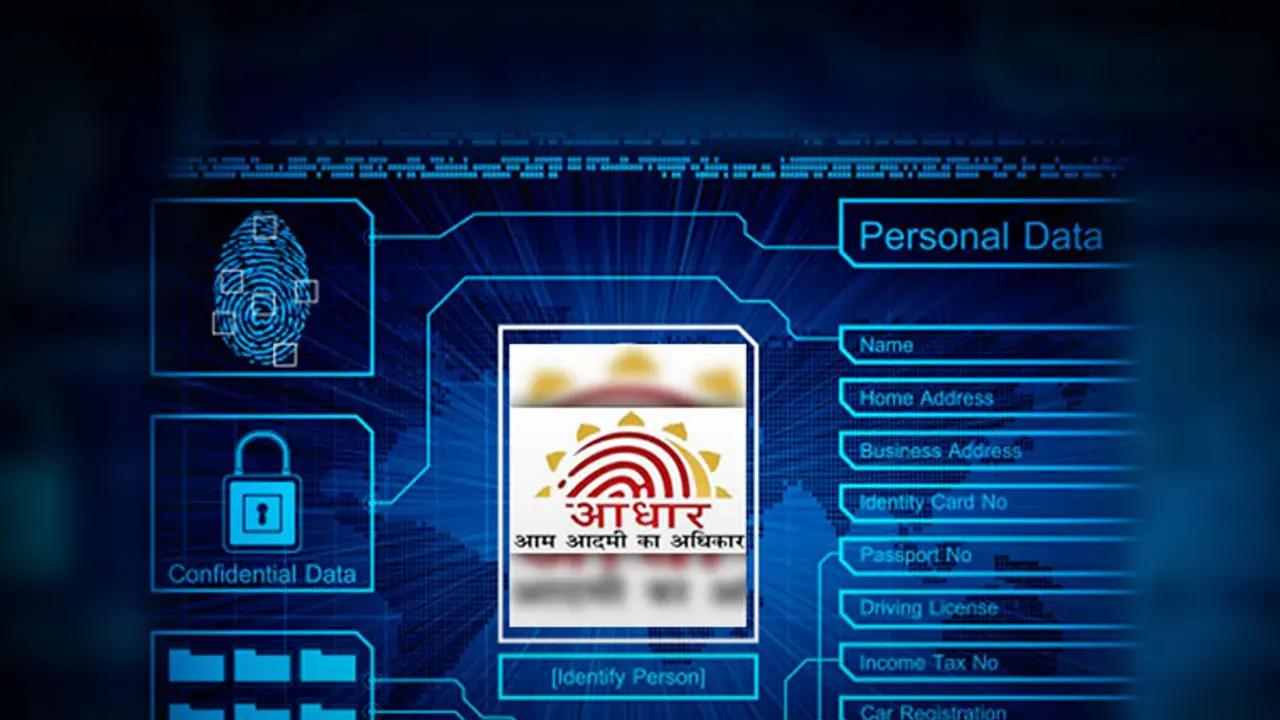You can have right over your body but state can restrict trading in body organs, so it can exercise control over the body – Mukul Rohatgi ‘These petitions are much ado about nothing’, Attorney-General Rohatgi's concluding remarks for the Centre in front of the Supreme Court While the Centre and SC is at this discussion let's ask where is the Right to Privacy Bill for India?
Two petitions were filed challenging the Constitutional validity of Section 139AA of the Income Tax Act (IT Act). The said Section makes Aadhaar mandatory for filing Income Tax Returns.

The petitions argue that when the Aadhaar Act was made it was clearly mentioned that procuring an Aadhaar card is optional. Senior advocate Shyam Divan arguing for the petitioners had submitted that the Doctrine of Eminent Domain could not be extended to the human body. In a previous hearing, he had compared the number tagging that Aadhaar proposes to the practice followed in Nazi concentration camps.
Countering the petitioner's argument about privacy concerns, Rohtagi said,"Today, the only difference is that the photograph and fingerprints are not on paper but in an electronic medium, what is the bodily intrusion, which the petitioners have argued, I want to know. nobody can live in a vacuum as there is a social contract as well?
When the state is providing some facility, it is entitled to have your identity. Can the petitioners today say that they do not have any mobile phone, credit card, driving licence, passport or other identification and they live in the Himalayas? The arguments on so-called privacy and bodily intrusion are bogus. One cannot have an absolute right over his or her body.
This is like saying you have the right to breathe but state can restrict your time of breathing and what you are breathing, so state can exercise control over the body.
"How can you engraft a provision into the Income Tax Act making it mandatory when the Aadhaar Act itself makes Aadhaar purely voluntary? My fingerprints and iris are mine and my own. As far as I am concerned, the State cannot take away my body. This imperils my life. As long as my body is concerned, the State cannot expropriate it without consent, and for a limited purpose. Will we be put on an electronic leash for our entire lifetimes? If from birth onwards, the State knows everything about you, will the relationship between State and individual remain the same? Forcing a person for biometric detail is an intrusion into his body. Nowhere in the world does any state have a system which tracks you 24/7.... This is the first time that in any open society this kind of tagging is being done.... The entire Aadhaar Act is voluntary. It creates a right in favour of citizens. If you choose not to apply, may not get something."
What advocate Divan says reflects an Indian's right to privacy but what Attorney-General Mukul Rohatgi says clearly borders on body ownership. With the implementation of national programmes like Unique Identification Number, DNA profiling, Crime and Criminal Tracking Network and System, brain mapping etc. increasingly uncomfortable questions of the possible invasion of a citizen’s right to privacy guaranteed under Article 21 arises.
While the Centre and SC is at this discussion let's ask where is the Right to Privacy Bill for India? Remember the Nira Radia tapes controversy. It's like saying you have a right to have a phone but what you talk and to whom you talk to is of the state's concern and all your conversations will be recorded. Then why need encryption and more sophisticated laws? A false sense of security?
Did you know? Aadhaar tagline viz., 'Aam Aadmi ka Adhikar' has now been changed into 'Mera Aadhaar, Meri Pehchaan'.
‘Adhikar’ means right and it had been changed to ‘My Aadhaar, my identity’. The reason given for this at the time of change had been 'Aadhaar is Right of Common Man' as Aadhaar card is right of every Indian whether he or she belongs to below poverty line, economic weaker section, low or high income group.
However, these arguments in court also force you to question - When was the last time you felt you had a right to do something in this country?
Let's take a brief recap of the events in the not so distant past where you have had personal freedom and right to privacy of an individual questioned repeatedly.
Dear Indians, remember the time you were 'forced' to stand up for the National Anthem? When the court directed who and who cannot enter a temple, when there was a notification from the Centre that you will only be able to withdraw a certain limit of your money from your own bank account; when dress codes were decided for temples, schools, colleges, etc by authorities; when beef was banned; when certain films were banned; when curfews are imposed; when internet is banned, when only few people are allowed access to certain jobs, positions, benefits etc. when and how a mother can or cannot abort her baby; when and how must a married woman behave.
Now if Aadhaar is made mandatory and all our details handed over to the government then what becomes of the semblance of freedom that we currently enjoy? It will become one national school where the government dictates the rules and the regulations, who we speak to and what we do.
No, Mr Rohatgi, it’s not much ado about nothing, you are talking about an individual and complete shift in dynamics of the relationship between the state and the citizen.
